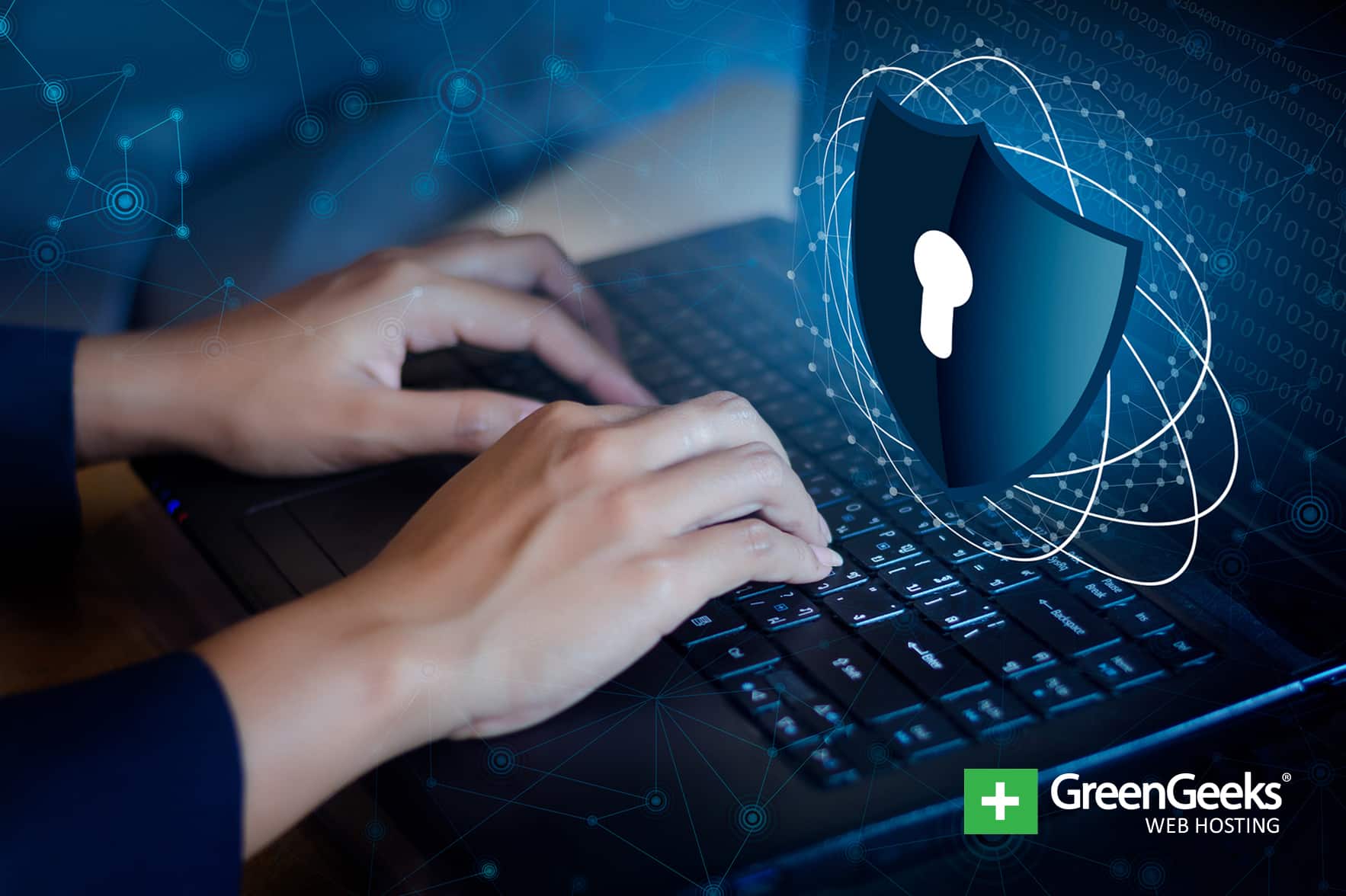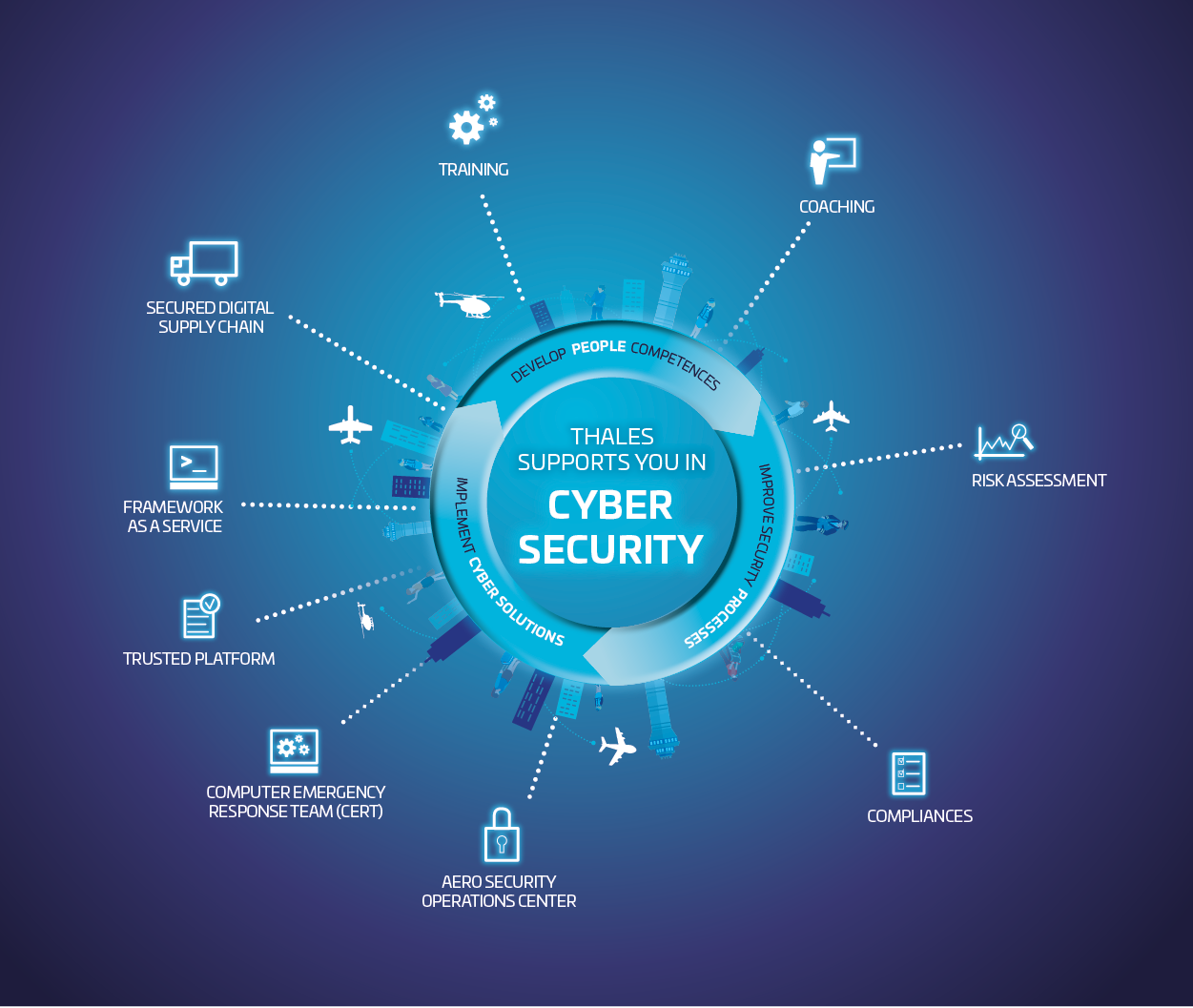Online Security? How Safe Are You At Online in 2021?

Online Security? How Safe Are You At Online in 2021?
During the pandemic, the move to online education demonstrated the need to integrated cyber protection into the curriculum. Without recognizing the fundamentals of cybersecurity, the use of computers and internet technologies is equivalent to driving a car without seatbelts. While Information Technology has been common as a discipline for decades, a relatively recent phenomenon is cybersecurity as a standardized curriculum. While India has emerged as a power focused on software services, the country is on its way to reinventing itself as a power for producing software products as well.

At the same time, the urgency to update our cybersecurity cannot be overestimated as a major economy consistently recording one of the fastest growth rates, amid COVID 19, coupled with the large scale digitalization of different modes of governance and administration. As such, the world’s second-largest Internet-connected nation needs to train a sufficient pool of cyber warriors to deflect and deal with the growing threats posed to its IT-driven product and services infrastructure and systems.
Clearing up the mystery
Between cybersecurity and network protection, there is sometimes uncertainty. Although both are a subset of wider information security, network security, which is a standard part of the IT curriculum, can historically be considered to be closest to the rising field of cybersecurity. As a portion of B. In colleges and universities, Tech or BE, M.Tech, and MSc courses, along with subjects such as software engineering, software testing, network engineering, hardware assembly, testing, network security was taught as a separate topic.
The distinction between the two is that, while the network is meant to ensure the safety of an organization’s IT infrastructure, including hardware and software, cybersecurity is concerned with protecting Internet-connected devices and networks from digital attacks to access, modify or sabotage sensitive information; extorting money; or interrupt normal business processes, according to Cisco.

Therefore, while the former includes the provisioning and management of components such as network monitoring tools, firewalls, switches, routers, and virtual private networks (VPNs), the latter involves network monitoring to detect security violations, security software installation and upgrading, and attack simulation to identify vulnerabilities. The distinction is reasonably self-explanatory in the meanings and the scope of work there and clarifies the need for a separate and more formal cybersecurity course.
Moreover, with the recent proliferation of the Internet of Things (IoT) and the growing penetration of smartphones, the need to improve cyber defenses has become even more urgent as the sheer amount of traffic on the Internet multiplies.
Although not quite adequate to meet the increase in demand, the government and private players have launched a flurry of specialized and standalone cybersecurity courses. These courses are common among students and professionals, ranging from part-time and distance learning to online mode, with varying provisions for certification, diploma, and degree programs.
A renewed impetus has been given to this trend by the pandemic driven change to online education and the subsequent growth of online education portals and the increasing cybersecurity challenge during the lockdown. Apart from top universities, several of the leading IT businesses also offer cybersecurity courses and programs.

There are 204 colleges, both government and private, that offer cybersecurity programs at the undergraduate and postgraduate levels, according to a common education sector tracking website. The government has directed cybersecurity courses to be launched by the National Institute of Electronics and Information Technology, a body under the aegis of the Ministry of Electronics & Information Technology.
Some other government-backed initiatives include an online PG diploma program by the National eGovernance Division in collaboration with the National Law Institute University, Bhopal University, in cyber law and crime investigation and digital forensics. Under the aegis of the state government, the Indian Institute of Information Technology and Management, Kerala, also runs a program. IITMadras launched the Certified Cyber Warriors v.3.0 course in April this year.
The topics include security architecture, security for web and mobile apps, fundamentals of ethical hacking, web technology, cloud security, security for remote work, security for smart devices, IoT security, security for online shopping, cyber fraud, cyber pornography, cyber terrorism, among others.
Need for more experts in cybersecurity

However, India has fewer than 10,000 specialists, against an estimated demand for a million cybersecurity experts. It is therefore time for cybersecurity, as a specialized discipline, to become an essential component of every IT syllabus being taught both inside and outside our university systems. At the same time, by enhancing the quality of our STEM graduates, we also need to improve the foundations of our human capital.




